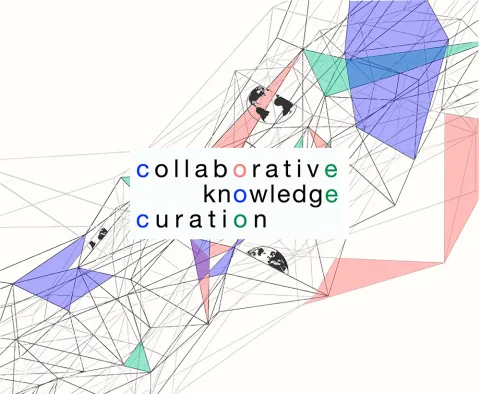Summary
In a world of increasingly complicated and interdependent systems, analysts and decision-makers spend more and more time curating the knowledge that informs their models and decisions.
Knowledge curation involves acquiring information from many sources; triaging it as unimportant, contextual, or actionable; identifying factors and causal links; finding associated datasets; and developing metrics with which to measure objectives.
This process is integral to successful economic statecraft, where knowledge curation is used to convert natural language objectives, such as “building soft power,” into measurable, causal hypotheses, such as “Increasing D will increase X, as measured by I.” Despite being a vital step in the decision-making process, knowledge curation is usually done by hand, which means analysts and decision-makers often miss important factors in complicated socioeconomic systems.
For example, restrictions on the purchase of Russian oil did not include bans on the sale of ships to Russia, allowing the growth of a “shadow fleet” ferrying oil in defiance of price caps.
CKC is exploring how machines can help analysts and decision-makers curate information faster and more thoroughly. How can we partially automate knowledge curation to help analysts and decision-makers gain and maintain awareness in complicated, interdependent systems?

Active topic
The solicitation for this program closed on Nov. 30, 2023. This topic is within its period of performance.
Resources
- DARPA-EA-23-01-03
Solicitation - DARPA-EA-25-02
Exploration Announcement
